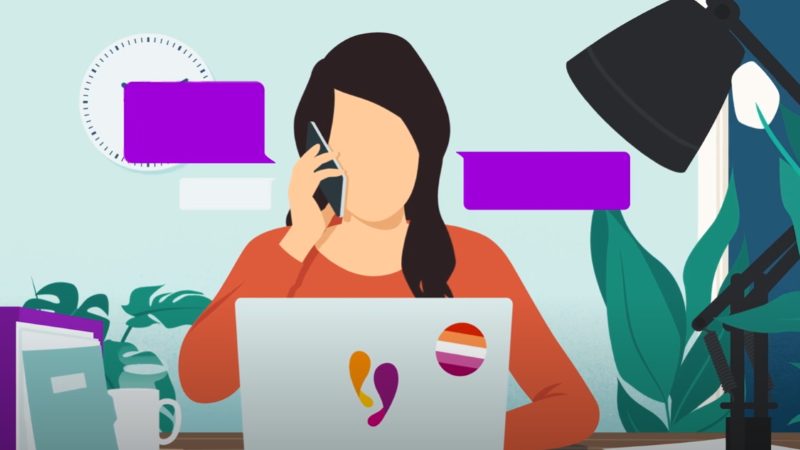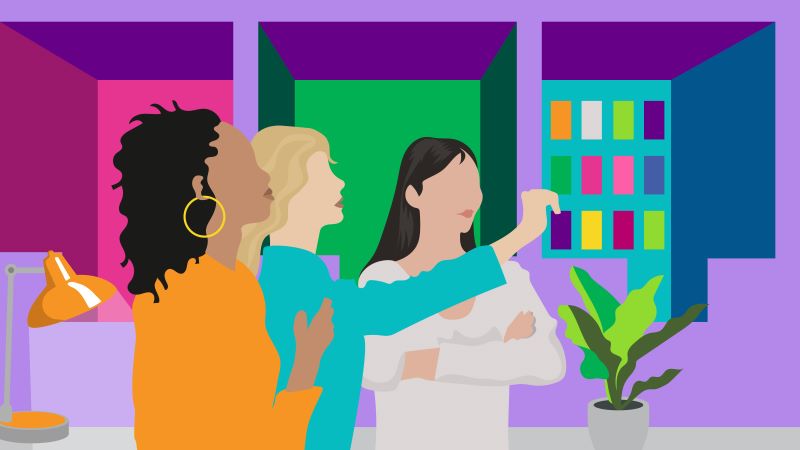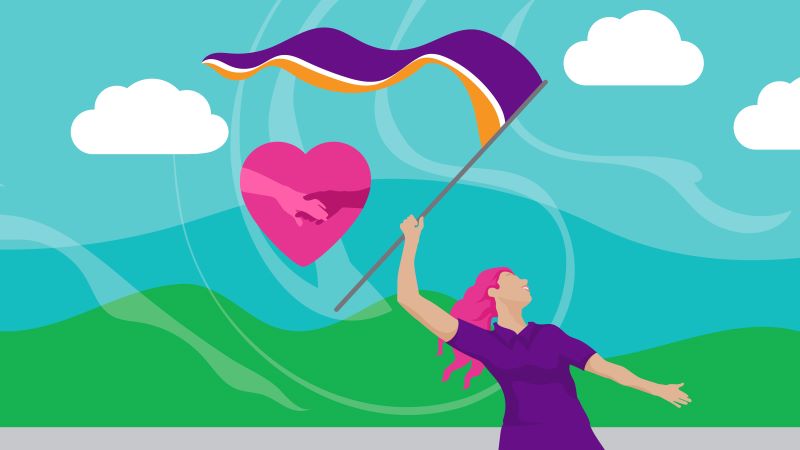Preventing VAWDASV doesn’t happen overnight. Here is how we made progress in 2021/22:
- We challenged harmful norms and shaping public conversations about VAWDASV.
- We changed how communities and professionals respond to survivors and perpetrators.
- We championed trauma-informed specialist support for children and young people.
Shaping public conversations
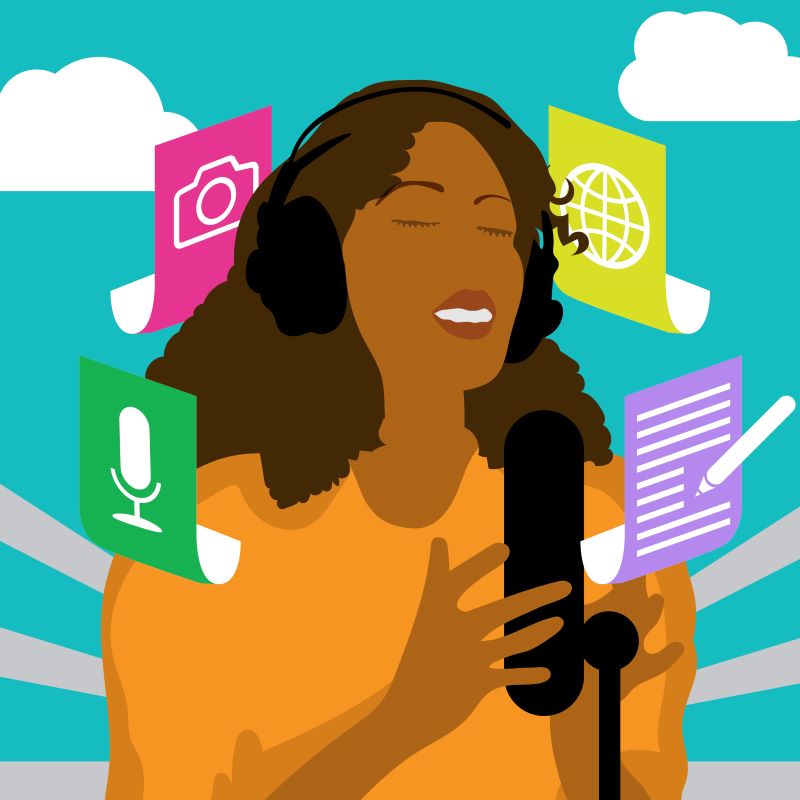
Responsible journalism can change public perceptions of VAWDASV and challenge harmful myths.
In 2021/22, we launched a free toolkit for journalists at our ‘Humans Behind the Headlines’ event, which helped trainees, students, and newly qualified journalists learn how to report responsibly and accurately on VAWDASV, including how to interview survivors without putting them at risk of further harm.
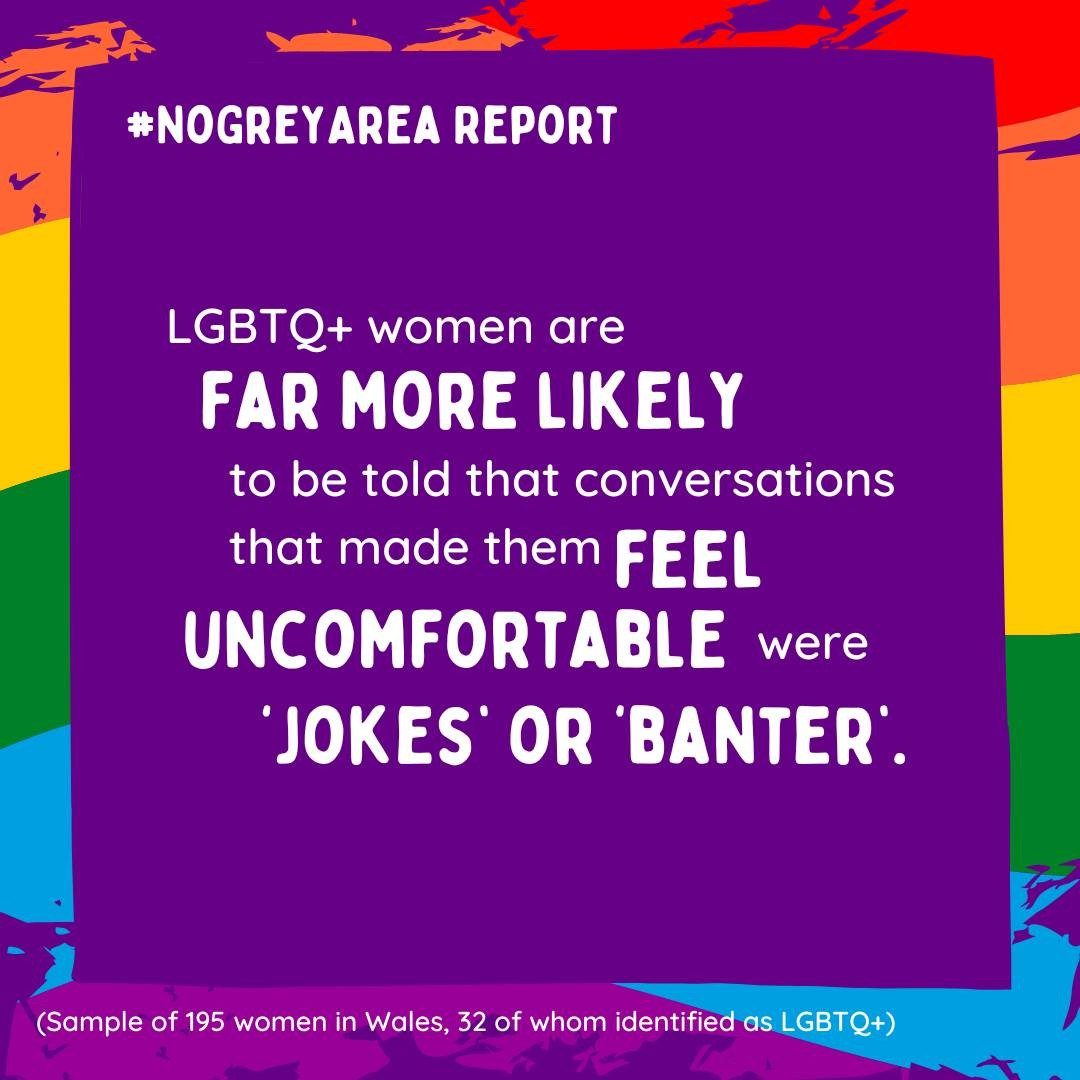
We also use social media to change and challenge. Our #NoGreyArea campaign focuses on sexual harassment, and we take part in other feminist or social activism campaigns like #16DaysOfActivism and #InternationalWomensDay.
In 2021/22, we reached more people on social media than ever before, growing our audiences across all three major platforms: Instagram (+31%); Facebook (+7%); and Twitter (+6%).
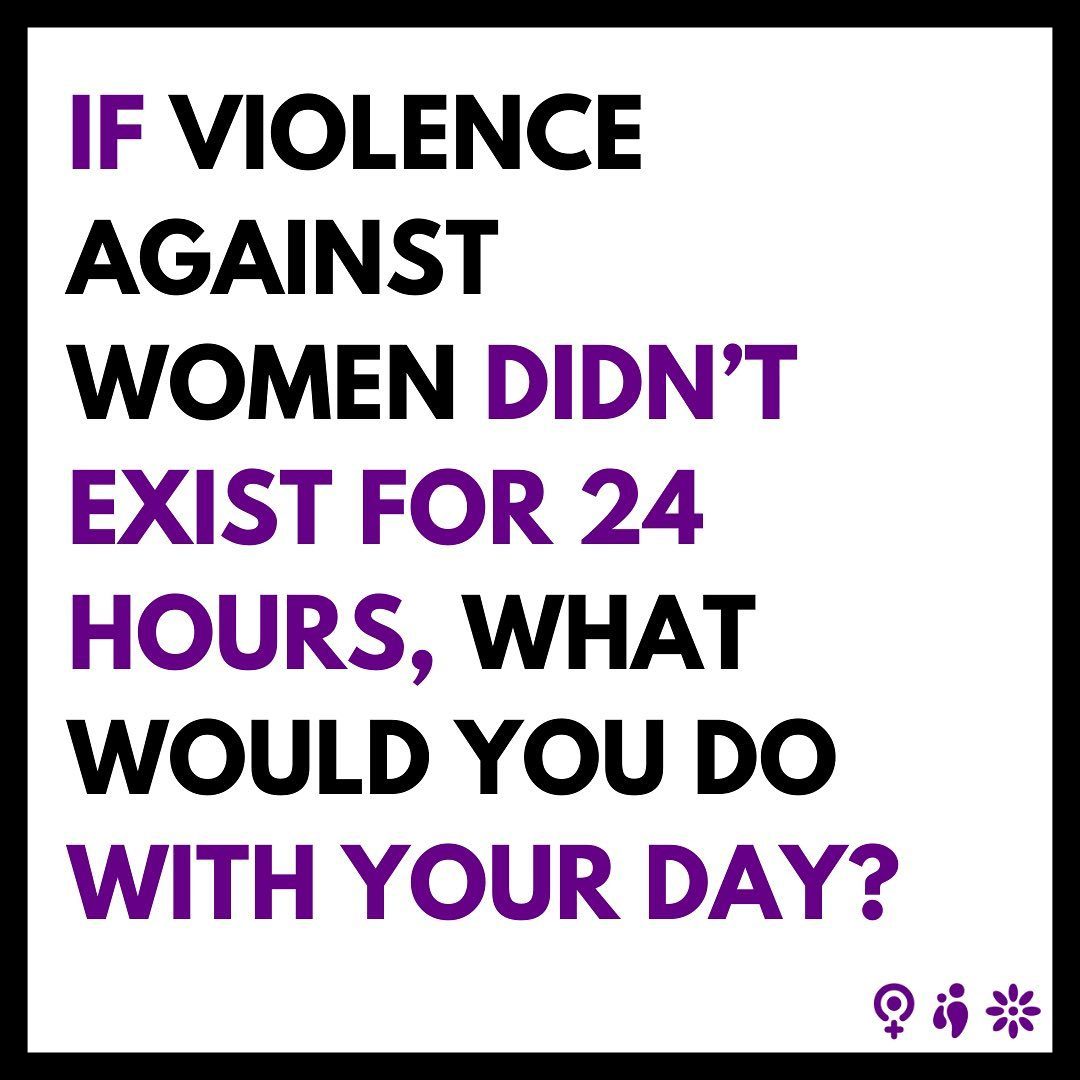
When we asked this question for #InternationalWomensDay, we were overwhelmed by the response.
We had our highest ever social media engagement and grew our reach on Instagram by over 200% compared to the previous quarter.
The replies were so powerful that we turned them into this video showing how the threat of male violence impacts every part of women’s lives.
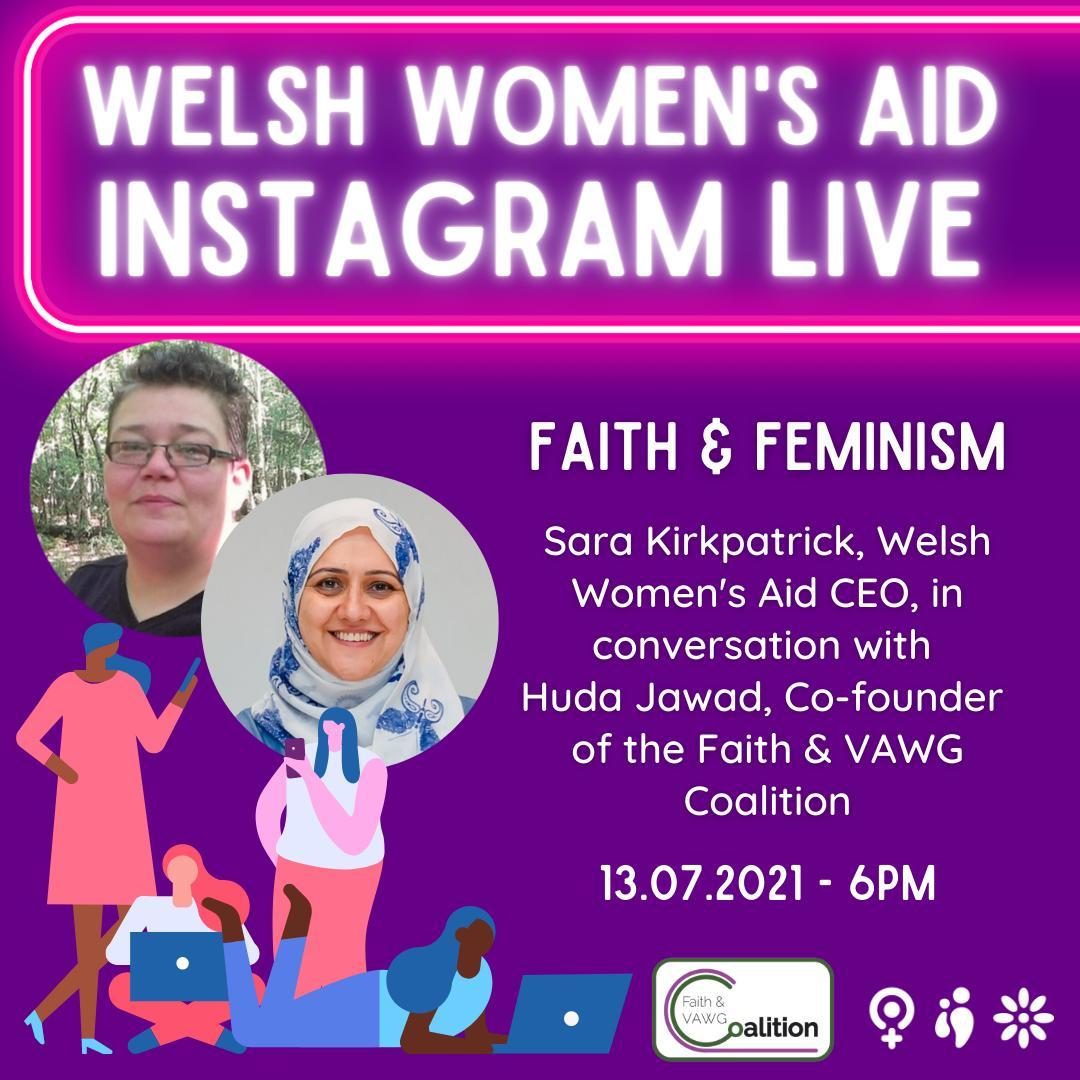
In 2021/22, we launched our new feminist interview series, starting with a conversation with Deepa Syed from Rights of Women about workplace sexual harassment. Other highlights:
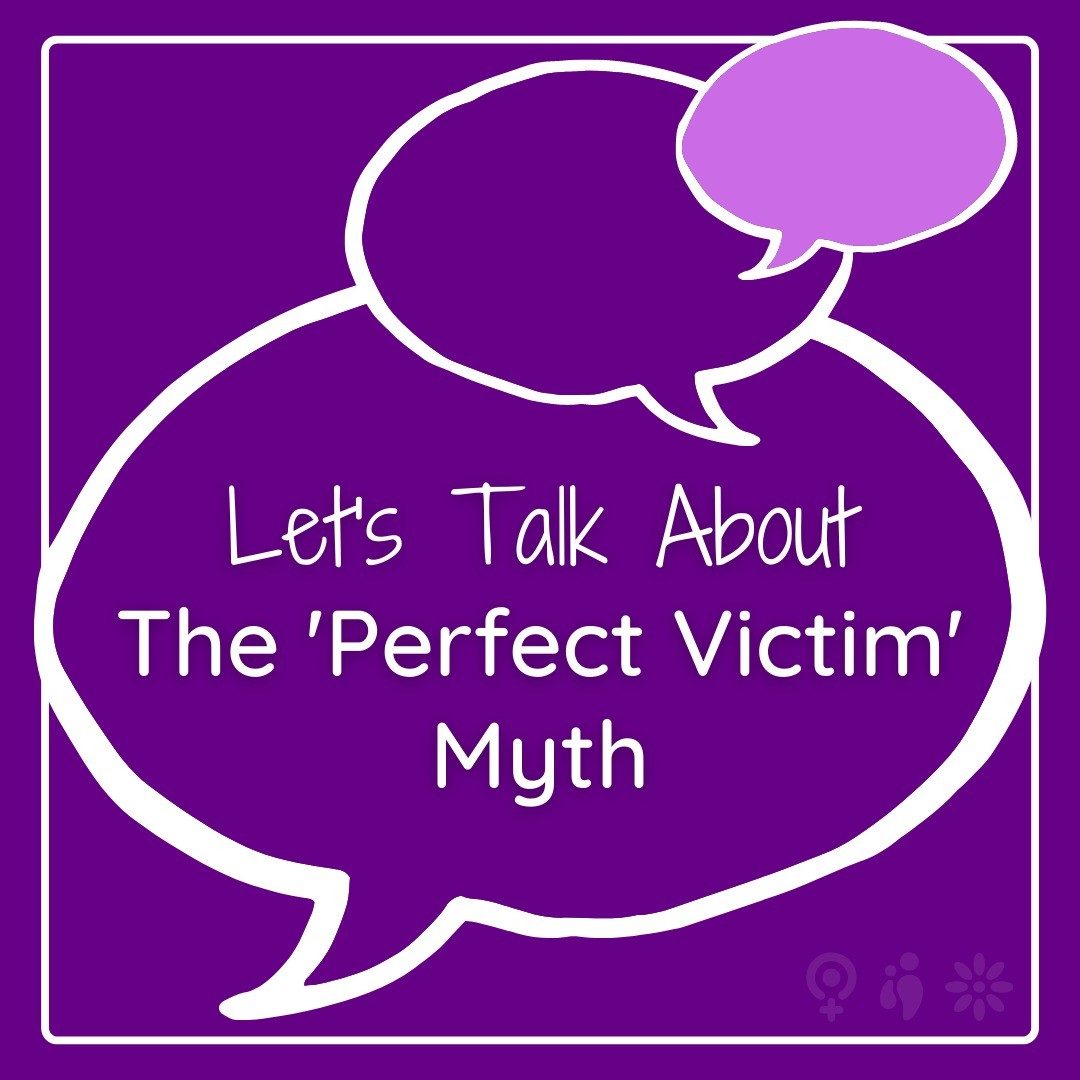
We also continued with our ‘Let’s Talk About …’ series, where we explain VAWDASV terms in plain language and break down myths.
In 2021/22, the topics with the most reach and engagement were Consent, Gaslighting, and that problematic question ‘Why doesn’t she just leave?’
Changing the response to VAWDASV
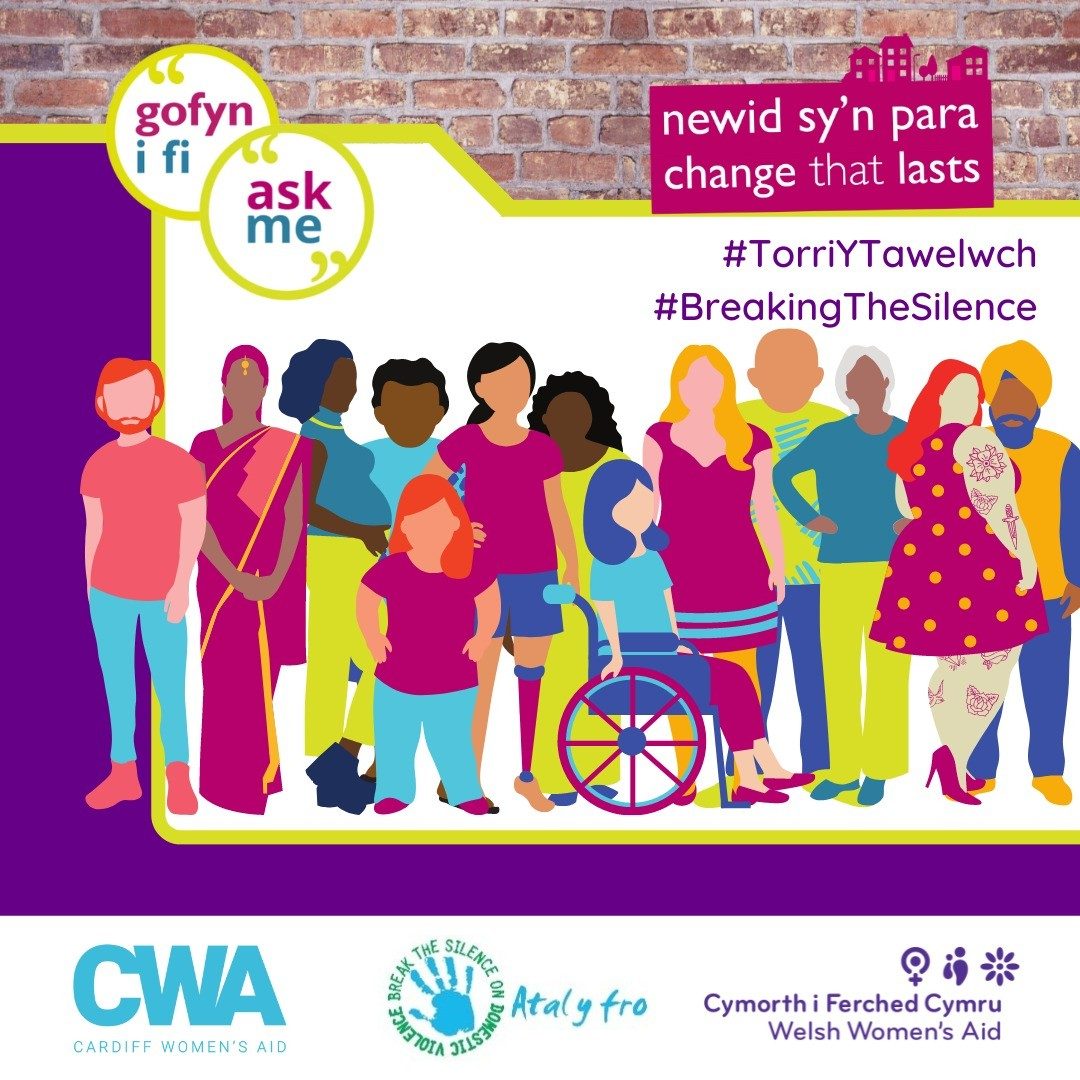
We developed the Change That Lasts model in partnership with Women’s Aid Federation of England because survivors need a positive, joined-up response when they disclose abuse.
The Change That Lasts model aims to strengthen connections between communities, professionals, and support services.
The Ask Me project is one piece, training a network of community ‘Ambassadors’ who can signpost survivors and challenge myths about VAWDASV.
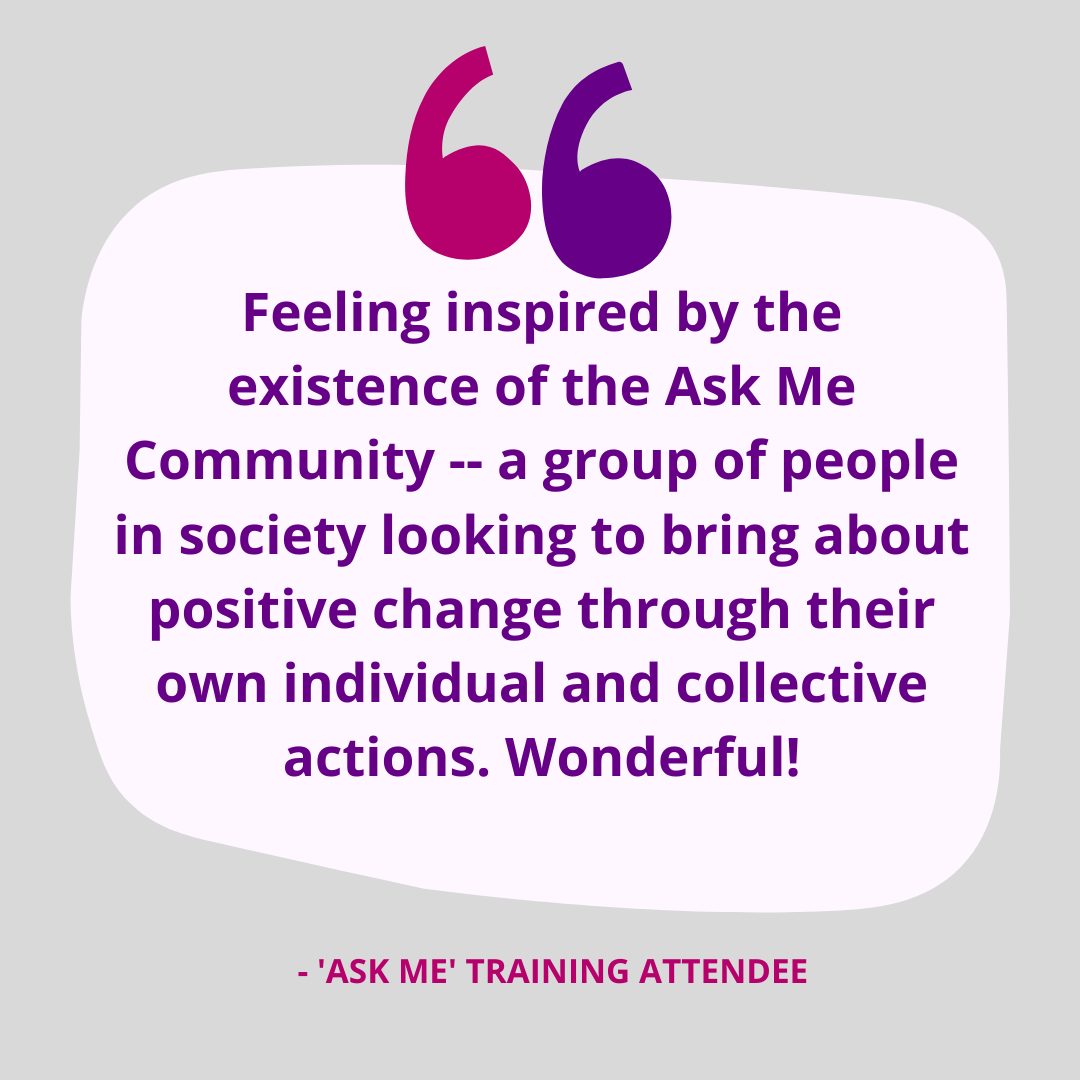
In 2021/22, we welcomed 73 new Ask Me Ambassadors. Together, they signposted 339 survivors to support.
- 88% described their Ambassador experience as ‘excellent.’
- 100% would recommend Ask Me training to others.
- 88% used their training in at least one conversation about VAWDASV.

Our ‘Trusted Professionals’ training teaches people in health, social care, and other frontline roles how to recognise and intervene safely and sensitively in situations of abuse.
How professionals respond to perpetrators is as important as how they respond to survivors.
We worked in partnership with Respect to ensure that our training addresses both.
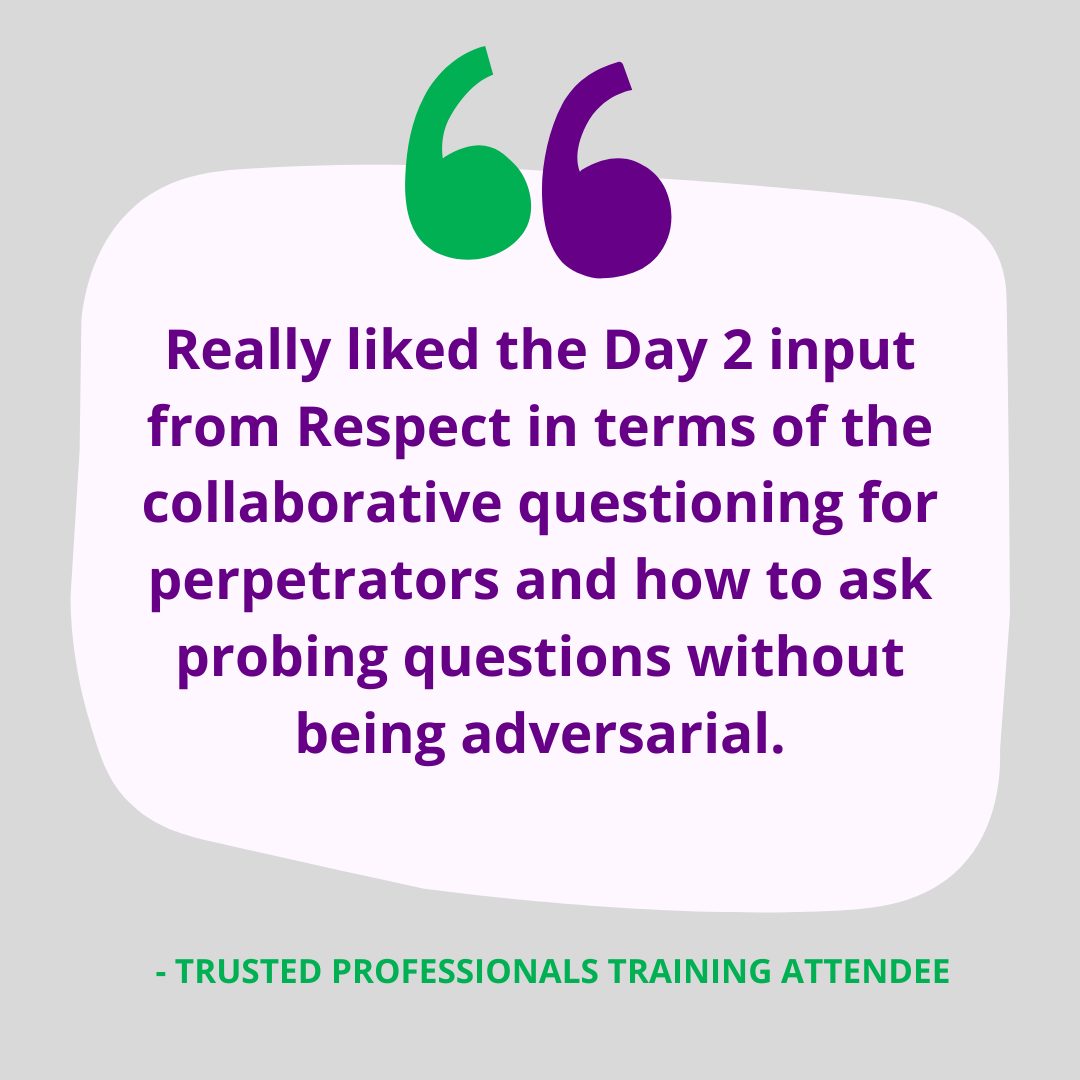
In 2021/22, we received post-training feedback from nearly 100 professionals:
- 91% rated the course as good or excellent.
- 97% said they knew how to respond to a survivor.
- 84% said they knew how to respond to a perpetrator.
Improving support for young people
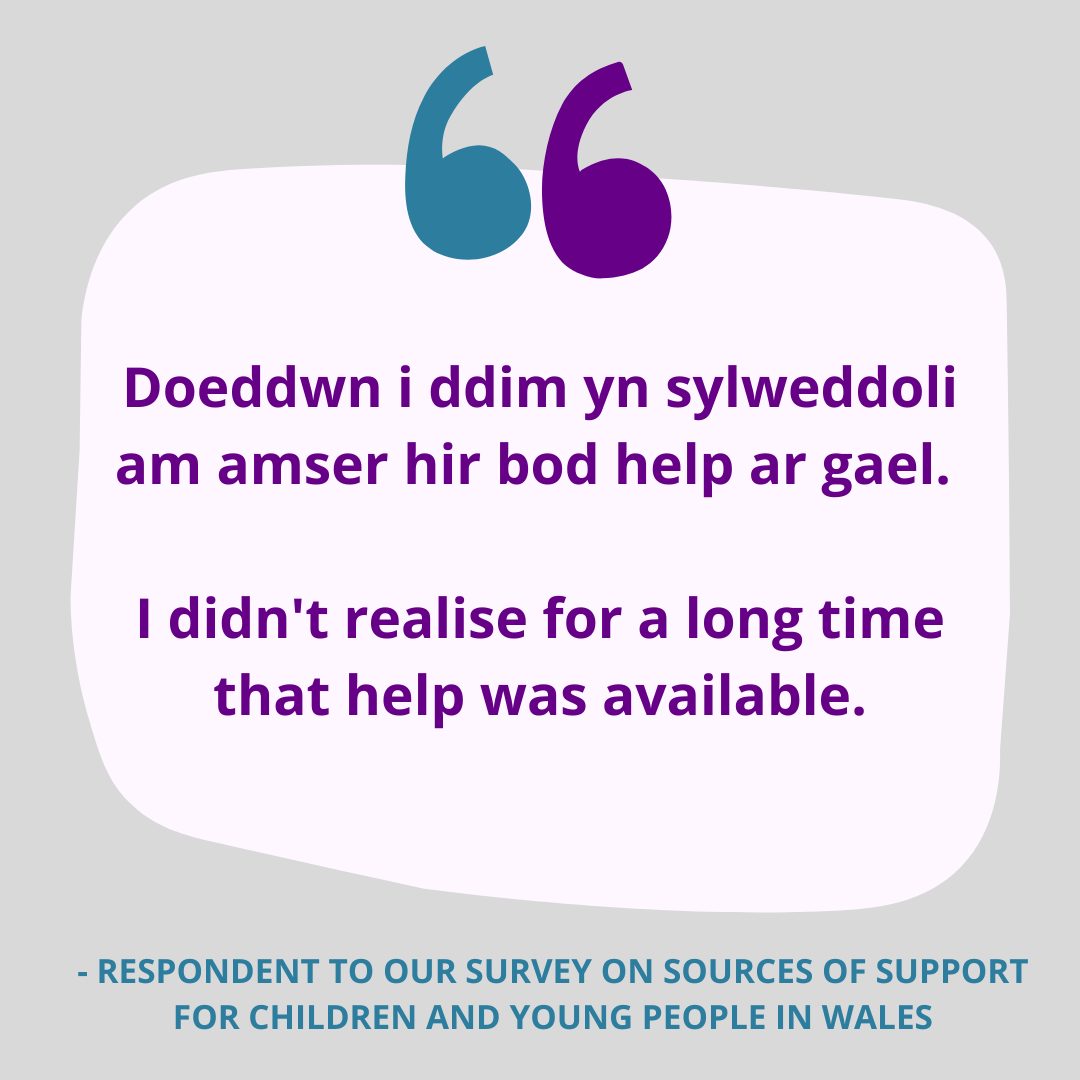
Children and young people are affected directly and indirectly by VAWDASV, and they need services that are designed specifically for them.
In 2021/22, we launched a campaign highlighting the absence of trusted services for young people.
Our report, ‘I trust them,’ showed that young people in Wales see their friends and peers as more reliable sources of support than adults like police, teachers, or other professionals.
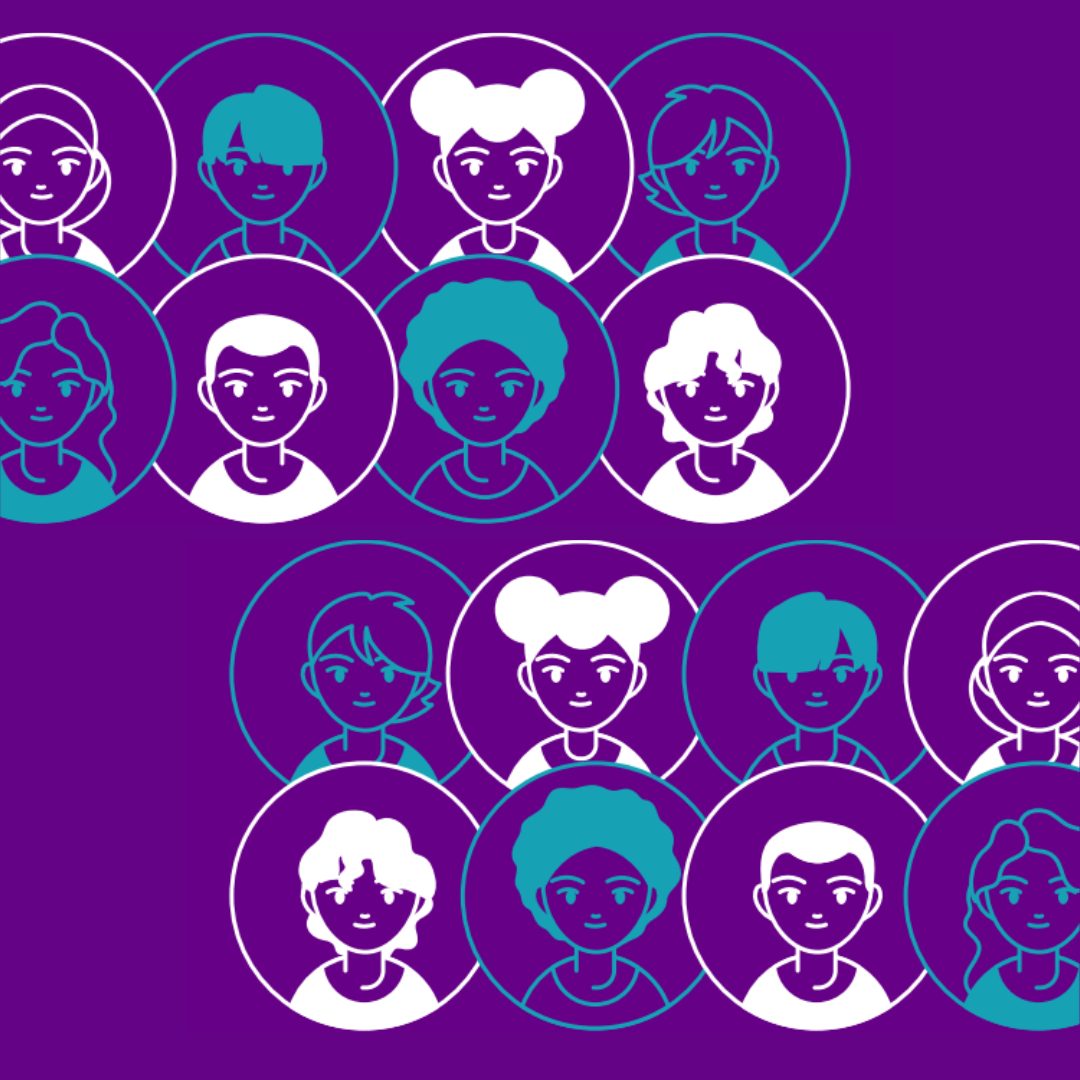
Building on our these findings, we launched a longer-term project exploring young people’s perception of specialist services and access to trauma-informed support.
This community-led research involves partnering with youth workers and support groups across Wales to speak directly with young people about their views and needs.
It is funded by generous support from the ACE Support Hub Wales and continues through 2022/23.
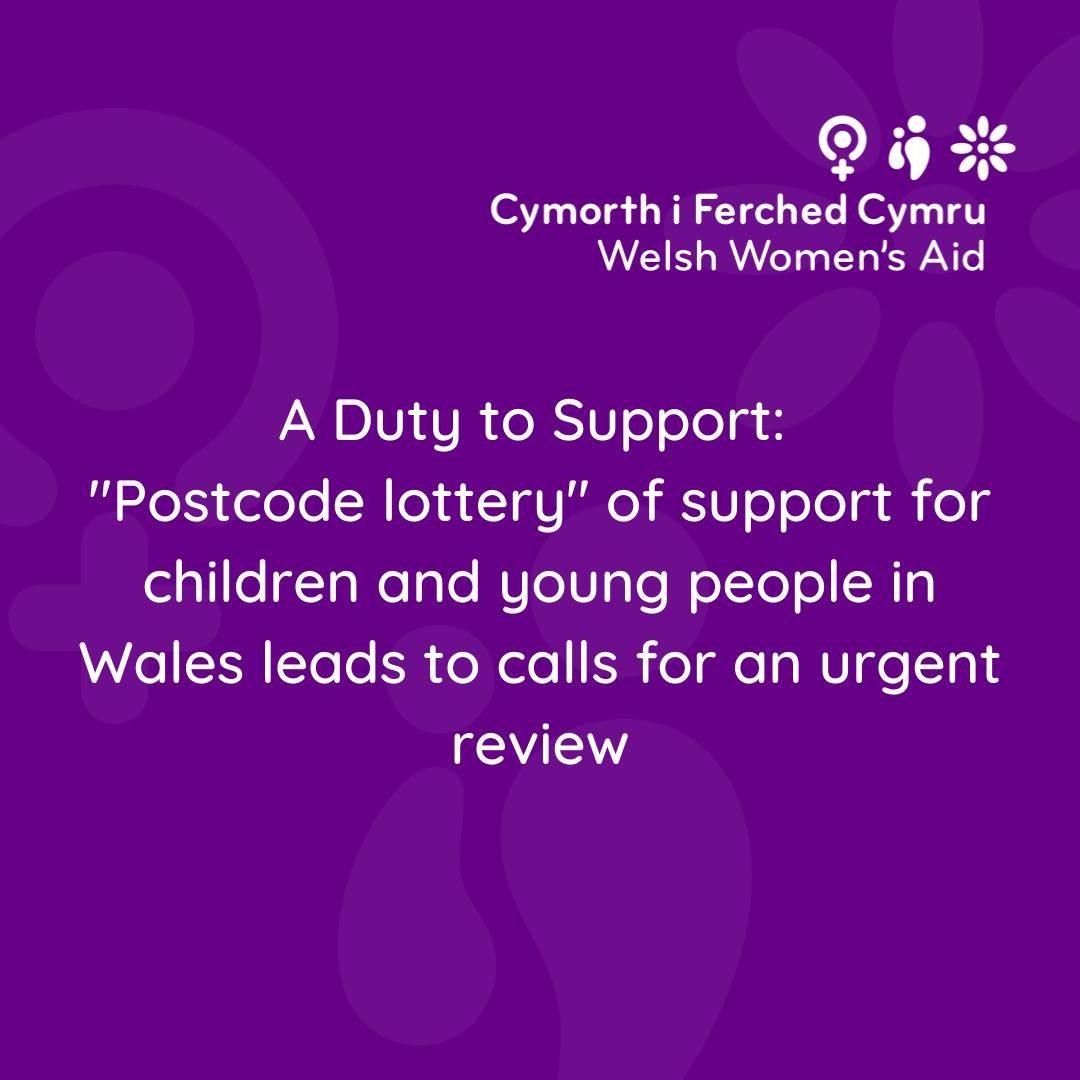
We also exposed evidence of a ‘postcode lottery’ of support for children and young people experiencing VAWDASV in Wales.
Our research, commissioned by Joyce Watson MS, used Freedom of Information requests to show the significant variation in funding for support services for young people across Wales.
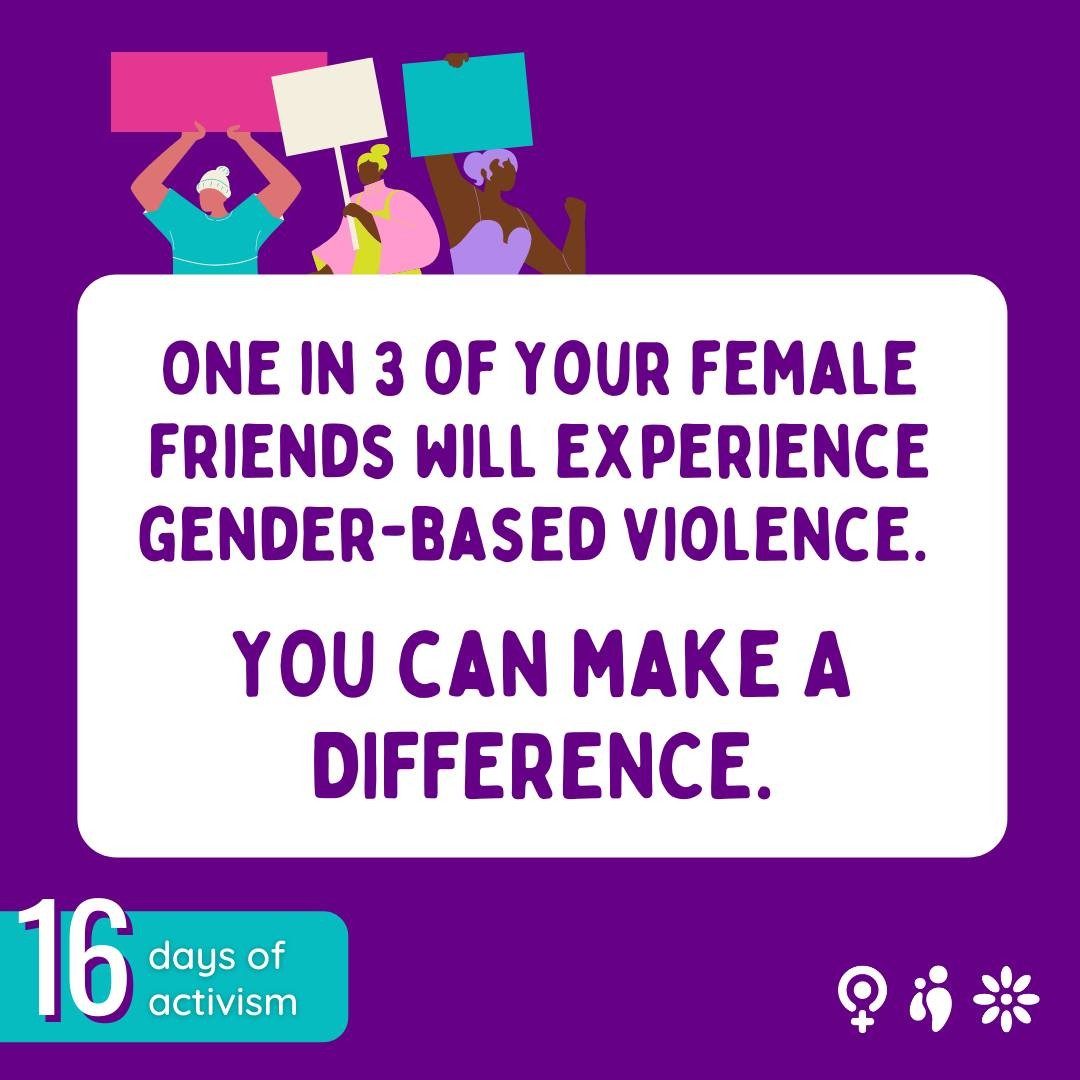
For young people in university, too often their experience includes VAWDASV, as a survivor, a friend of a survivor, a witness to abuse, or all of these.
Bystander Intervention training teaches people how to recognise and safely intervene when they witness a problematic situation.
In 2021/22, we delivered this training to more than 80 university students and staff, as well as to 237 night time economy workers.
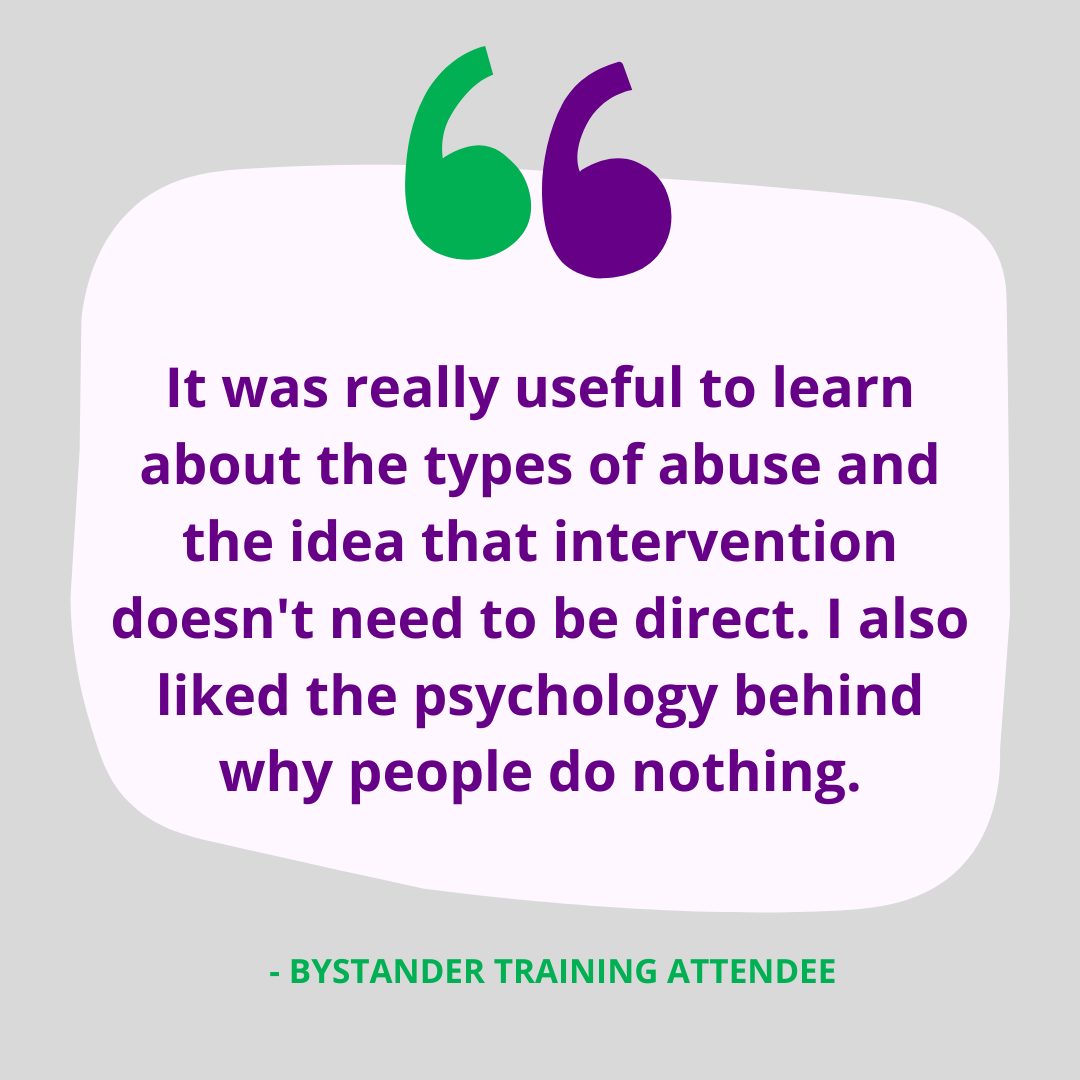
When we asked attendees about their experience:
- 100% said the training was useful to their job.
- 98% said their post-training knowledge was good or excellent.
- 97% would recommend the course to others.


